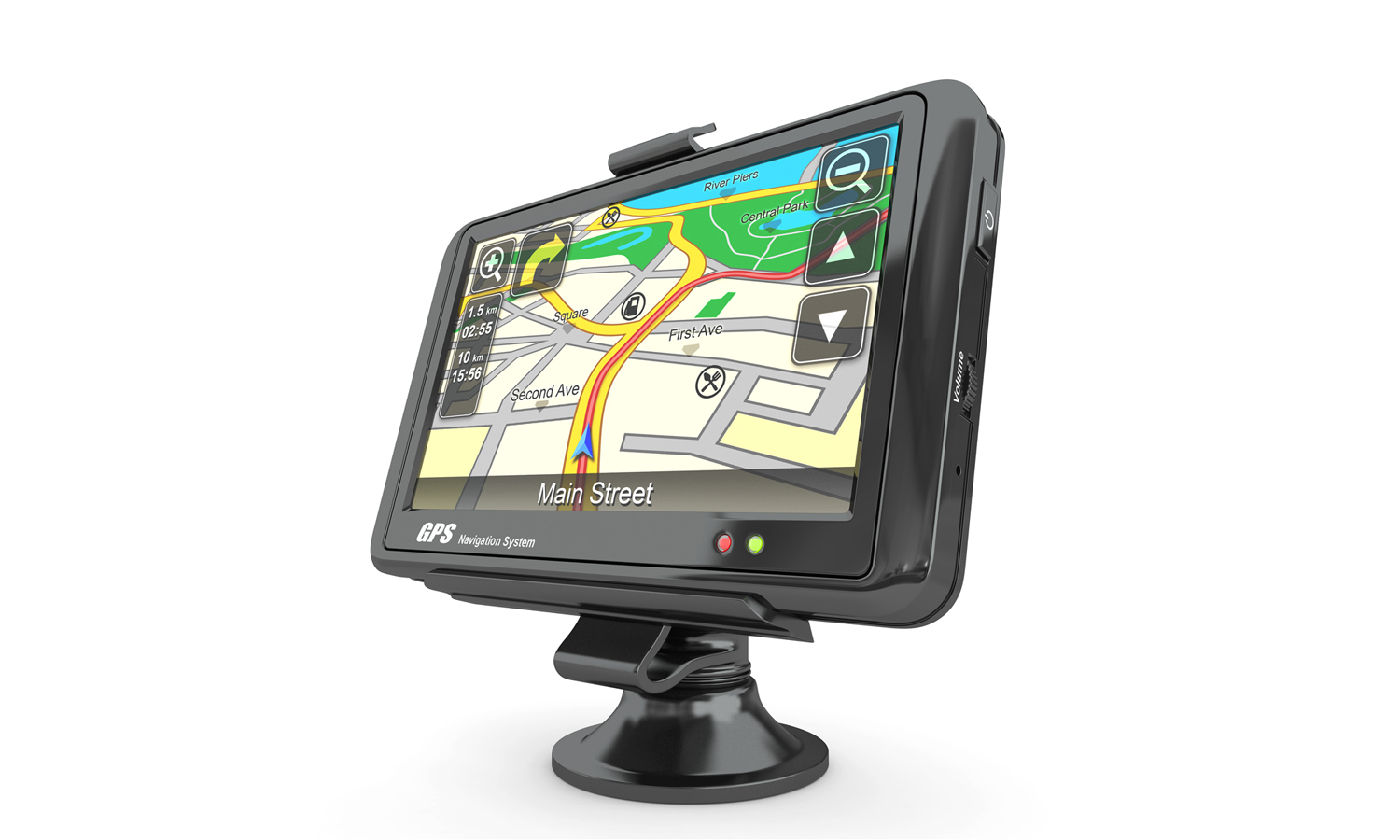One Simple Way to Improve Marital Problems, Family Conflict, & Communication in Relationships
Ever get really impatient waiting for an answer to a question?
I know a lot of people like this (you know, like me). Unfortunately, this impatience causes problems.
Let’s take Jake, a student with whom I work. One of his teachers had a frustrating experience with him. The teacher asked him a question. Jake looked at him and said…nothing.
The teacher checked in with me about the student, commenting, “there’s not much up there. That kid just stares at you like you have two heads or something.”
There are innumerable reasons I found this disturbing. What bothered me most was that he was wrong.
Ever Think If Your Partner Would Just Give You a Second You Would Have Less Marital Problems?
Now, I will admit that he does have this blank look on his face while he’s thinking.
I’m sure you’ve seen that look on your wife, husband, parent, or child at some point.
For me, that look is like waiting for a GPS system to figure out directions after a wrong turn, monotonously repeating recalculating, recalculating, recalculating.
Yet Jake, like any good GPS unit, arrives at a sound answer after the extended period of recalculating. In fact, he has a lot of things to say. It just takes him a little extra time to process information and figure out what he wants to say, and how he wants to say it.
There is something about waiting for a response from someone that is exceptionally hard for many people.
There may be a range of reasons but one that I see time and again is this: an inability to tolerate silence.
What the Teacher Missed Due to His Impatience With Jake
The educator was asking Jake if he could stay after for extra help and prepare for an upcoming test.
Jake was having a bad day. He had gotten in a fight with his mother in the morning. He received a detention an hour earlier for tardiness. He did not have a ride home. If he had stayed for the detention he would have had to walk over an hour — in the rain.
Jake was trying to process all of this information — the insecurity he felt about needing extra academic help, the conflict with his mother, and his transportation issues.
How do I know this?
Because after I spoke with the teacher, I checked in with him. I asked him how he was doing.
And I waited.
But I HATE It!
Silence, that is.
If you truly want to understand someone use a strategy that teachers are taught to use in the classroom. Give “wait time.”
If the teacher waits 5-10 seconds someone will eventually raise their hand and answer (the student group can’t tolerate silence either!).
It is too bad the teacher did not apply this technique during his private chat with Jake. Just imagine what the teacher may have learned!
More importantly, imagine what you are missing by not waiting for an answer when you are arguing with your spouse or irritable with your teenager.
Wait time is an under-rated element of effective communication. Wait time gives people time to process information, react emotionally, and figure out how to articulate thoughts and feelings. It can be a powerful tool to help marital problems.
I have written about how helpful “being curious” can be to effective communication. The reality is that curiosity only helps if you give people the time they need to properly respond to what you are asking of them.
Allow people — like your spouse, parent or child — to finish recalculating, recalculating, recalculating…and you may be amazed at what you can learn.
What other strategies would you recommend for waiting patiently for someone to respond to you?






